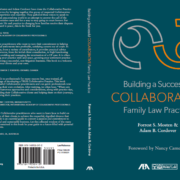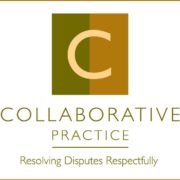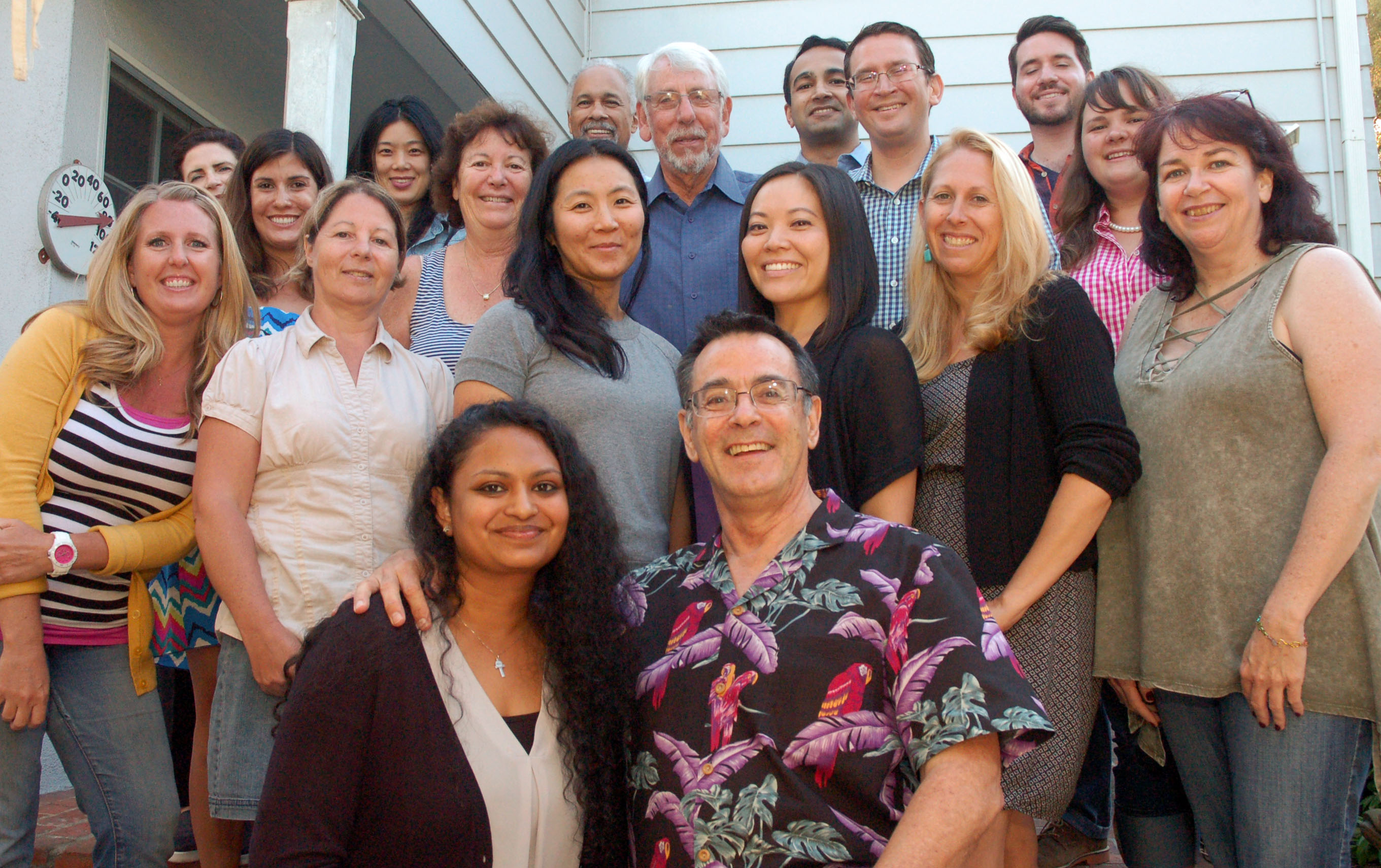Cordover Receives Avvo Client Choice Award
Collaborative family law attorney and Florida Supreme Court Certified Family Law Mediator Adam B. Cordover received the 2018 Avvo Client Choice Award. The Award is provided to attorneys who receive five or more 4+ Stars in a calendar year (all Adam’s reviews have been five out of five stars).
Below are the reviews in 2018 that lead to the award:
Mr.
Adam was and still has been a tremendous resource to me with my tumultuous divorce process. He was honest and fair – he put me in my place when I got too riled up during the process and provided me a real picture of what needed to be done – and what the potential outcomes could be.
Adam was not an attorney that billed crazy hours and prolonged the case – he was steadfast and eager to help me – he did not ever drag things out like a lot of attorneys do just for some extra billing.
My case ended – and even after we had completed our business relationship, Adam continues to demonstrate his compassion towards me and my challenges with living as a divorced single father – not for the money – he seems to do it because he has taken ownership of my post-divorce challenges at times.
I highly recommend anyone going through a divorce to speak to Adam first about a collaborative approach to marriage termination – as well as all family legal matters.
While no one wants to face the challenges or realities that come with divorce, Adam will show you the truth before anyone else knows it – and help you plan for your future.
Posted by Kenneth on Avvo.
Five out of five stars.









 In the video below, California attorney
In the video below, California attorney 
